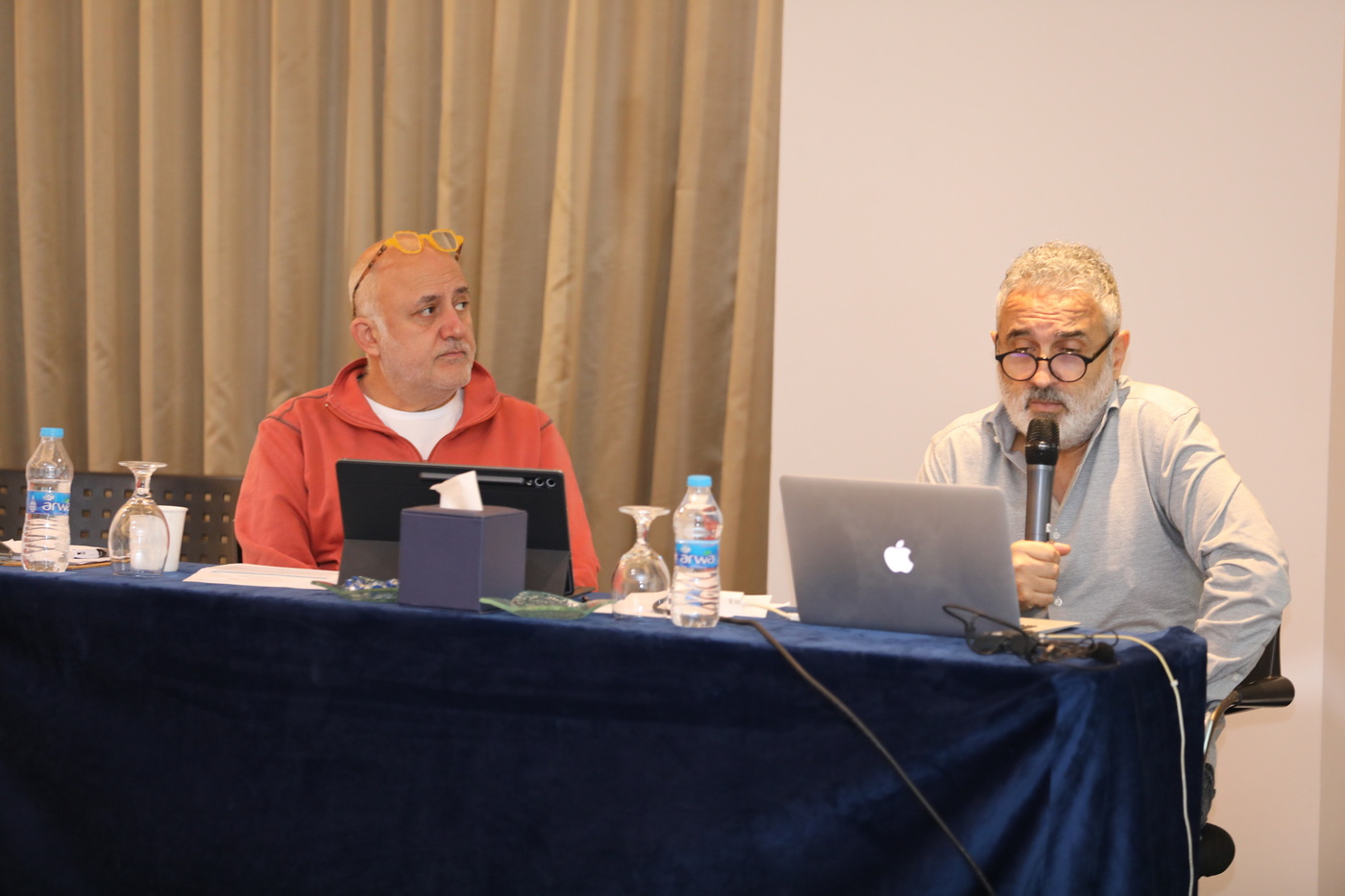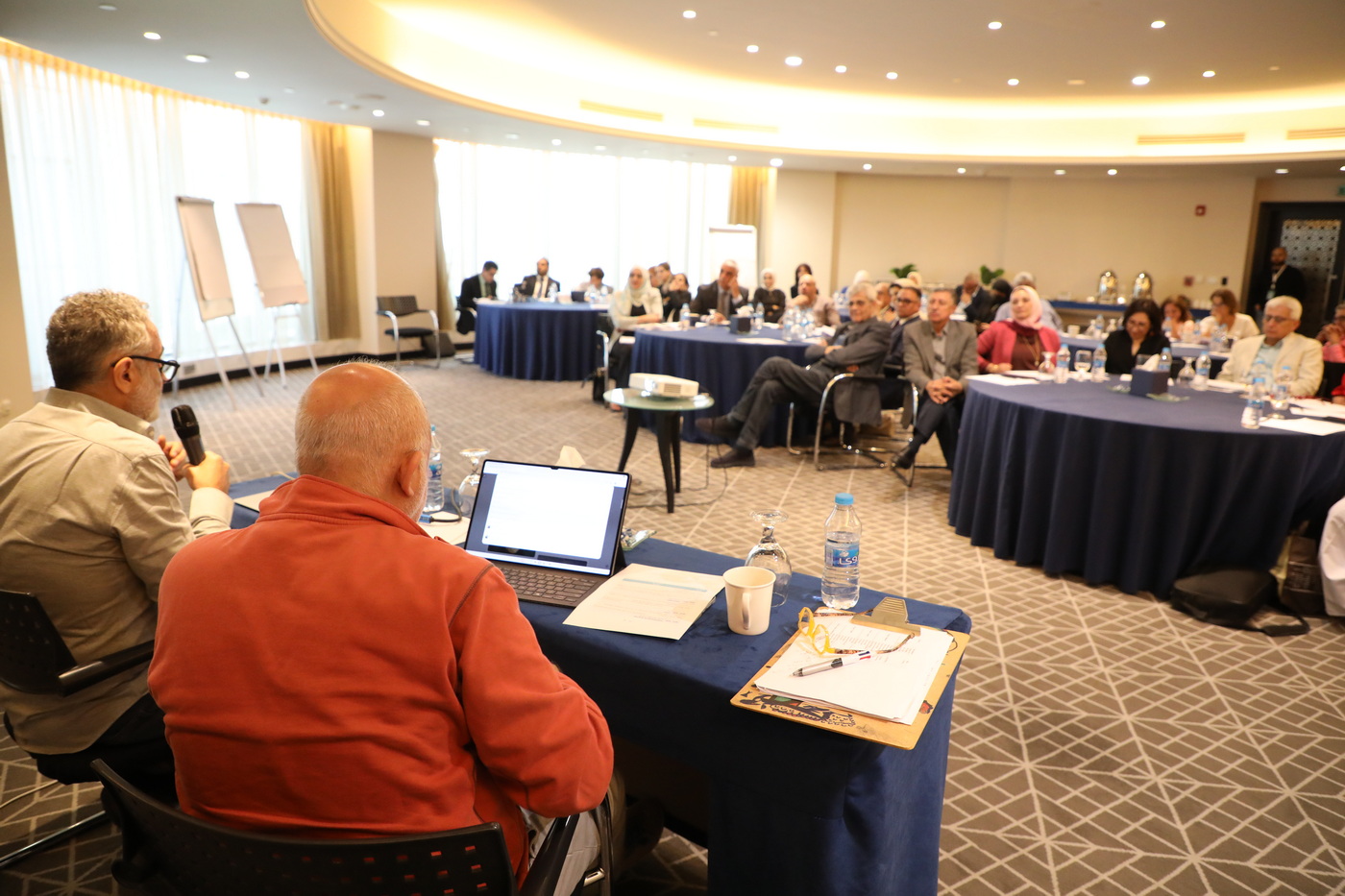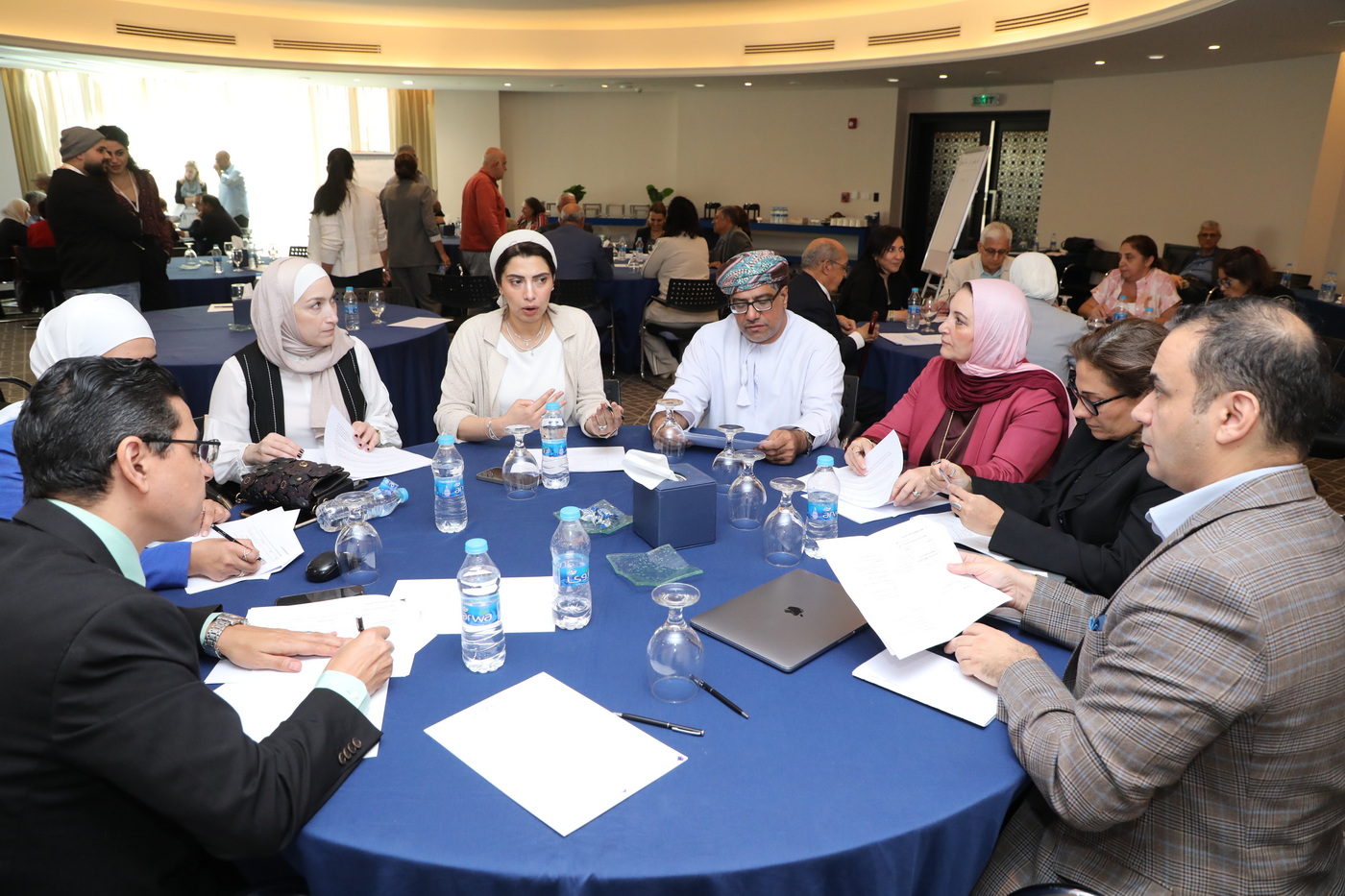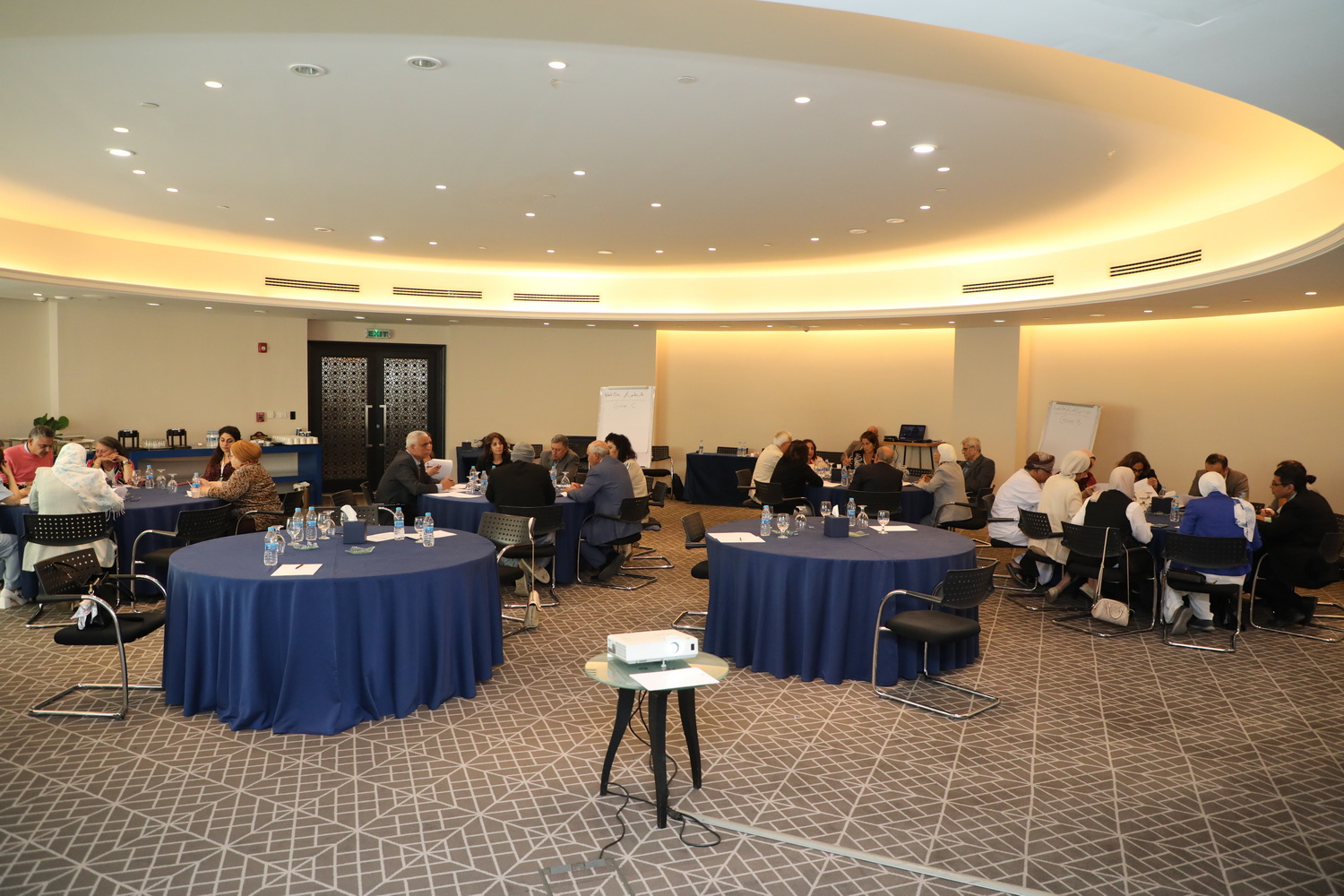
(Dr. Hasan Al-Bilawi, Secretary-General of the Arab Council for Childhood and Development)
 Amman: Workshop to Discuss ANECD’s Strategic Plan
Amman: Workshop to Discuss ANECD’s Strategic Plan 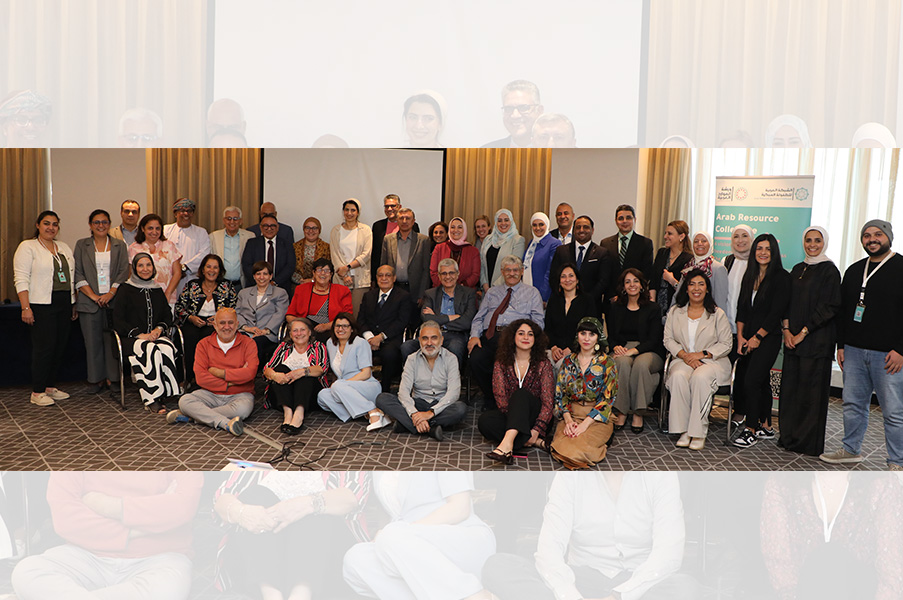
27 October 2025
The Arab Network for Early Childhood (ANECD) held a workshop to review, validate, and endorse the principles and priorities of its Strategic Plan for 2026–2030. The workshop took place over two days, 25 and 26 October 2025, in Amman, Jordan.
The workshop was hosted by the National Council for Family Affairs (NCFA) in Jordan and brought together more than forty early childhood specialists, researchers, and policymakers from ten Arab countries, following months of intensive virtual consultations.
ANECD’s General Coordinator, Dr. Ghassan Issa, stated that “this milestone represents a firm reaffirmation of a shared Arab commitment to early childhood issues”. He added, “In a region shaken by crises and uncertainty, we stand united today, striving to advance a comprehensive, inclusive, enabling, participatory, and liberated approach that addresses the systemic violations of the rights of our children, their caregivers, and the professionals working in this field”.
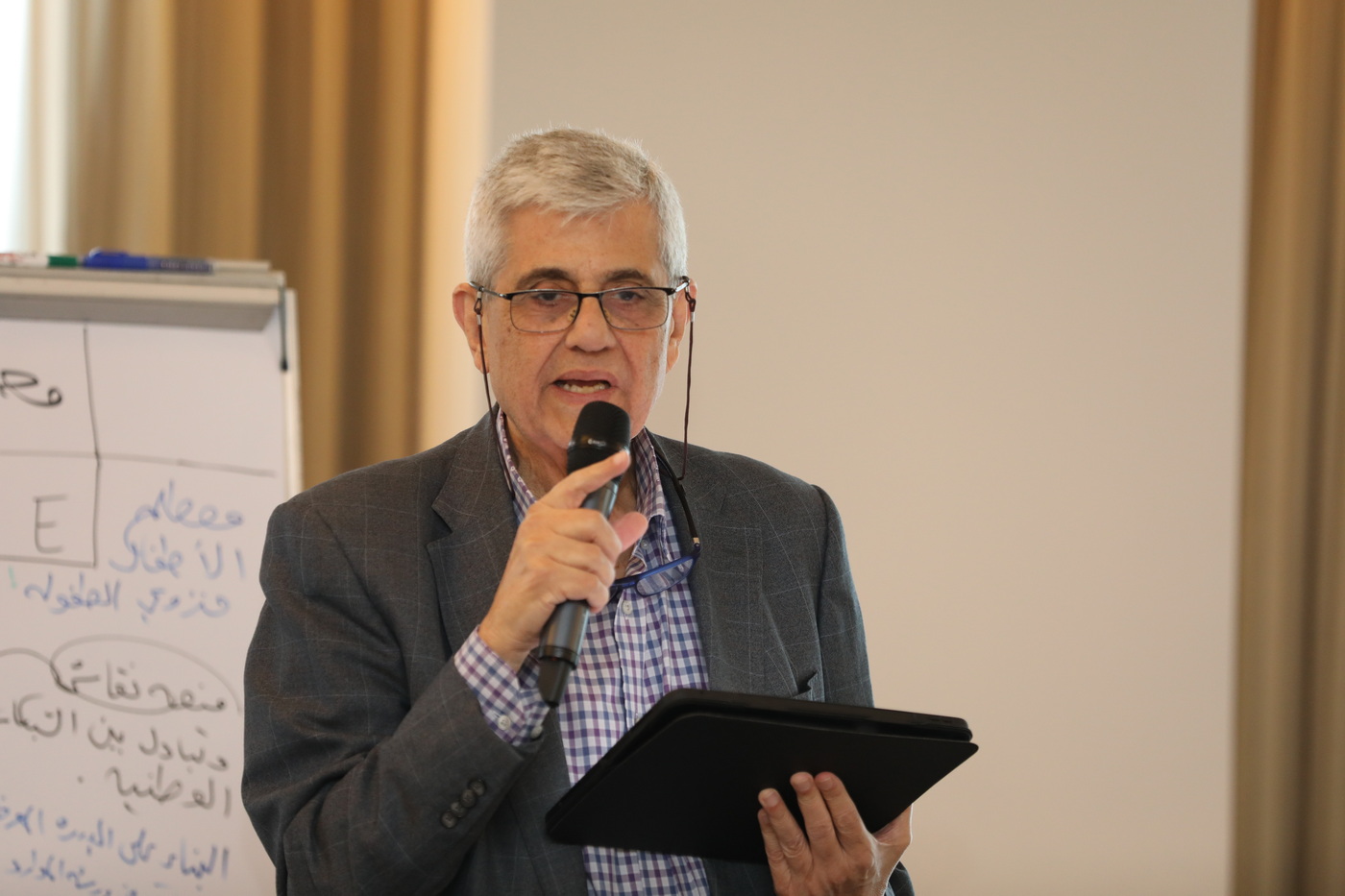
(Dr. Ghassan Issa, General Coordinator of ANECD)
In a press statement, Dr. Issa emphasized that the contributions of participants and stakeholders during the workshop “reflect a collective will that refuses to disengage, and a determination to build principle-based frameworks and systems that are locally rooted, regionally coordinated, and globally impactful”.
Commenting on the event, Dr. Mohammad Al-Meqdadi, Secretary-General of the National Council for Family Affairs, noted that “developing this plan comes at a critical time that requires from all of us a clear vision, collaboration, and joint effort to ensure an effective response to the growing challenges facing children and families in the Arab region.” He stressed that the workshop “represents an opportunity for dialogue, exchange of expertise, and the identification of priorities that will guide the Network’s work in the coming years”.

(Dr. Mohammad Al-Meqdadi, Secretary-General of the National Council for Family Affairs)
Interconnected Strategic Pillars for Sustainable Development
ANECD’s Strategic Plan is based on a comprehensive framework composed of four interconnected levels:
